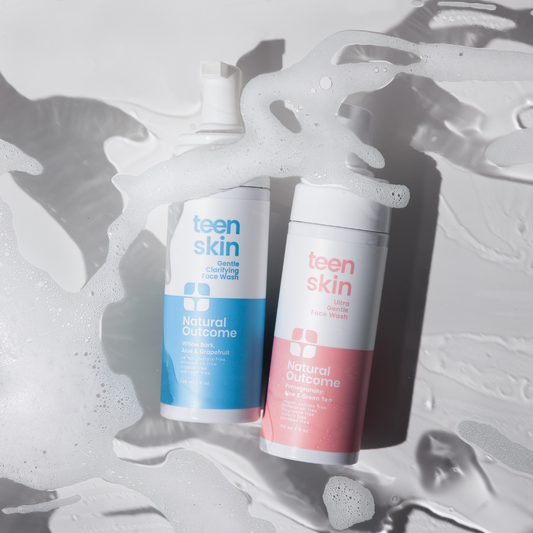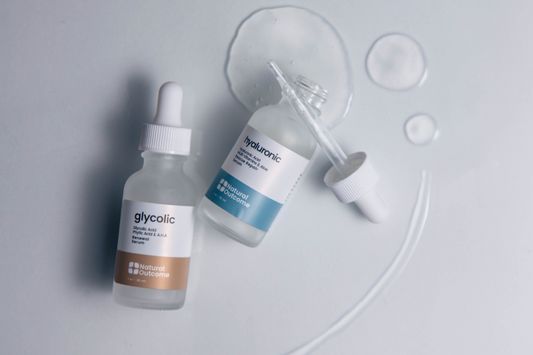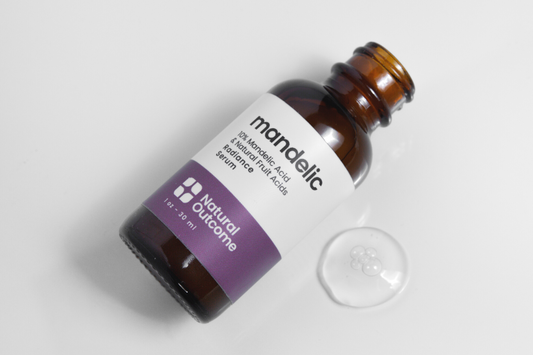As teens hit puberty, their skin goes through a lot of changes. Hormonal fluctuations can lead to acne, oily skin, and other issues. It's important for teens to start taking care of their skin during this time in order to prevent long-term damage and promote healthy, clear skin.
The proper age for teens to start creating a skincare regimen depends on the individual and their specific skin concerns. However, it's generally recommended that teens start paying attention to their skincare routine around the age of 12 or 13. This is when many teens begin to experience changes in their skin and may start to develop acne.
It's not just teenagers who can benefit from a skincare routine. Starting at a young age, around 8 or 9, can help children develop healthy habits that will benefit their skin in the long term.
For children, a basic skincare routine should focus on keeping the skin clean and moisturized. A gentle, fragrance-free cleanser can help remove dirt and impurities from the skin. Moisturizing is also important to keep the skin hydrated and healthy. A lightweight, oil-free moisturizer is a good choice for children's skin.
In addition, teaching children about the importance of sun protection at a young age can help them develop good habits that will protect their skin throughout their lifetime. A sunscreen with at least SPF 30 should be used every day, even on cloudy days.
It's also important for children to use skincare products that are appropriate for their age and skin type. Children's skin is more delicate and sensitive than adult skin, so it's essential to use products that are specifically formulated for children.
Starting a skincare routine at a young age can also help children learn about self-care and self-grooming. It can help them develop a sense of responsibility for their own skin and teach them the importance of taking care of themselves.
Overall, starting a skincare routine at a young age can set children on the path to healthy, beautiful skin for life and give them good habits that will benefit them in the long run.




